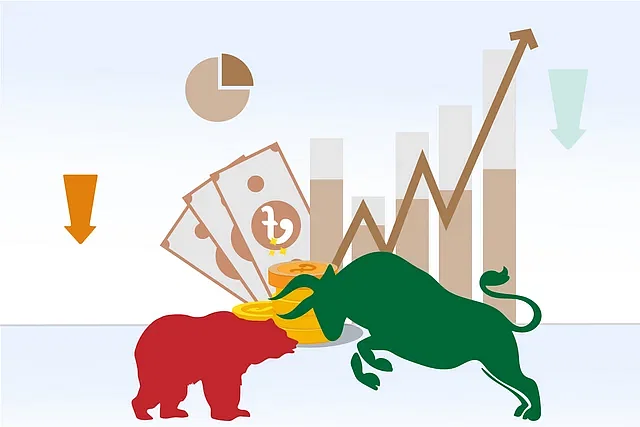Foreign Investors Continue to Sell Shares
Summary:
Due to the unfavorable economic forecast, frequent devaluations of the local currency relative to the US dollar, and unstable policy, net foreign portfolio investment in Bangladesh decreased during the July–March fiscal year 2023–2024. In 2020, foreign investors began selling their shares because they thought there might be huge devaluations of the local currency. According to Bangladesh Bank data, over those nine months, the nation’s net foreign portfolio investment was $89 million in the negative, as opposed to $45 million in the negative during the same period the previous year.
Context:
Over time, Bangladesh has seen a decline in foreign investment. Experts ascribed the recent decline to various market policy instability in the nation, the installation of a floor price on the stock market, and the devaluation of the local currency, the taka. According to Bangladesh Bank data, foreign investors’ investment in equities securities gradually decreased between the fiscal years of 2019 and 2023. Throughout the July–March fiscal year 2023–2024 period, net foreign portfolio investment in Bangladesh decreased as a result of policy uncertainty, multiple local currency devaluations versus the US dollar, and a bleak economic outlook. According to Bangladesh Bank, over those nine months, the nation’s net foreign portfolio investment was $89 million in the red, as opposed to $45 million in the red during the same period last year.
In 2020, foreign investors began selling their shares because they thought there might be huge devaluations of the local currency. The Bangladesh Securities and Exchange Commission (BSEC) verbally instructed the Dhaka Stock Exchange (DSE) to cease publishing information on foreign investments after noticing the intense selling pressure. Financial experts claim that foreign investors lose money when local currencies depreciate. When they predict that the currency will devalue, they sell their shares. Additionally, international investors have found it challenging to repatriate profits due to the country’s prolonged foreign exchange crisis. In the last two years, Bangladesh’s foreign exchange reserves have nearly quadrupled. According to central bank data, the taka lost value in relation to the US dollar during the same time, falling by almost 35%. In addition, the BSEC defied international regulatory norms when it instituted floor prices in 2020 to halt the market indices’ freefall. This was owing to their recognition that the mechanism had made the local market illiquid because floor pricing made share sales difficult. The floor pricing were progressively eliminated but reinstated in the midst of the Russia-Ukraine conflict in mid-2022. In addition, there have been numerous abrupt policy changes in the past that have affected the interests and investments of foreign investors. For example, in June 2022, the Bangladesh Telecommunication Regulatory Commission prohibited Grameenphone, the nation’s largest listed business, from selling SIM cards, citing the company’s inability to raise the caliber of its offerings. After six months, the limitation was lifted, but the move damaged the company’s stock price and made foreign investors less confident. Foreign investors have been net selling since FY21, and this pattern is still in place. According to central bank data, their net sales were $30 million lower in FY23, $158 million lower in FY22, and $269 million lower in FY21.
Picture and Article Sources: The New Age BD and Prothom Alo


Leave a Reply